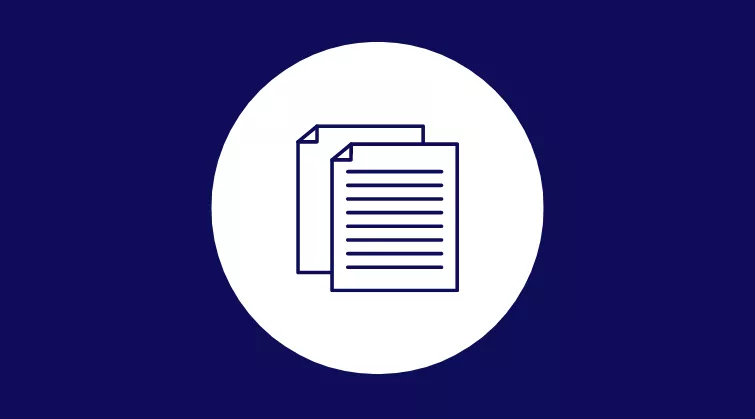
On 16 April 2025, the Supreme Court ruled that two injunctions preventing the public naming of doctors involved in the care of critically ill children should be lifted. The Supreme Court dismissed the appeal made by two NHS Trusts against a Court of Appeal ruling that the injunctions should be lifted, following an earlier High Court decision that they should remain in place. The Supreme Court has published a summary of the judgment, which further sets out this decision.
Impact of the judgment
Currently, injunctions preventing reporting of the names of individuals involved in legal proceedings regarding a child’s care are commonly put in place at the outset of proceedings, to remain in place indefinitely unless someone successfully applies for them to be varied or lifted.
The ruling handed down today (16 April 2025) sets out the legal bases on which the Courts may continue to grant such injunctions in future. It is stated that, going forward, such injunctions should be granted for a limited period, and should not remain in place indefinitely.
The judgment anticipates that the initial period of the injunction would usually cover the underlying legal proceedings and a subsequent 'cooling off period', and that clinicians would be able to seek a continuation of any injunction following proceedings where they consider this may be necessary. The judgment states that clinicians themselves would need to bring any further application to extend the injunction.
As a result, following the fixed period of any injunction, if no appeal is made, clinicians involved in such proceedings may be publicly named.
Further details
The ruling considers the balance of rights under two articles within the European Convention on Human Rights. These are clinicians’ article 8 rights to a private life and the parents' article 10 rights to freedom of expression in speaking publicly about their experiences. The judgment notes that, over time, the balance of rights under these two articles may shift, and therefore a permanent injunction would not be justifiable. Going forward, the judgment rules that proportionality balance over time will need to be considered by courts when deciding whether to extend the order into a cooling-off period and, if so, for how long for.
RCPCH and PCCS Intervention
The Royal College of Paediatrics and Child Health (RCPCH), together with the Paediatric Critical Care Society (PCCS), intervened in the two joined cases in both the Court of Appeal and the Supreme Court. We provided evidence and written submissions outlining the importance of this kind of injunction for clinicians and patient care.
Both organisations outlined the impact that naming clinicians involved in such difficult cases would have on the treating clinicians and also on the provision of healthcare for children, in particular in paediatric intensive care units. The impacts on recruitment and retention of healthcare professionals, influencing clinical decision-making and safety concerns for clinicians were highlighted by all three interveners, as well as the potential impact on service provision of expert witness or second opinion work.
The Royal College of Nursing (RCN) have additionally issued a response to the Supreme Court Judgement on their website.
Next steps
RCPCH, PCCS and other Royal Colleges will now work together to further interpret the judgment in full and undertake further steps in order to identify how we can best support our members who are impacted by this news. This web page will be updated when more information is available. RCPCH will additionally seek to publish a summary of our involvement in this work to date and the evidence we provided as soon as possible.









